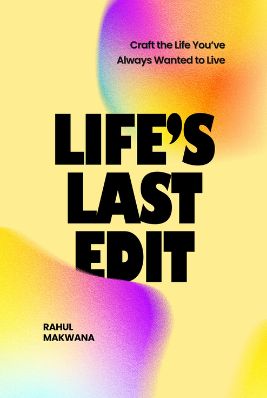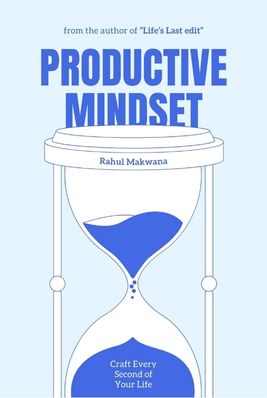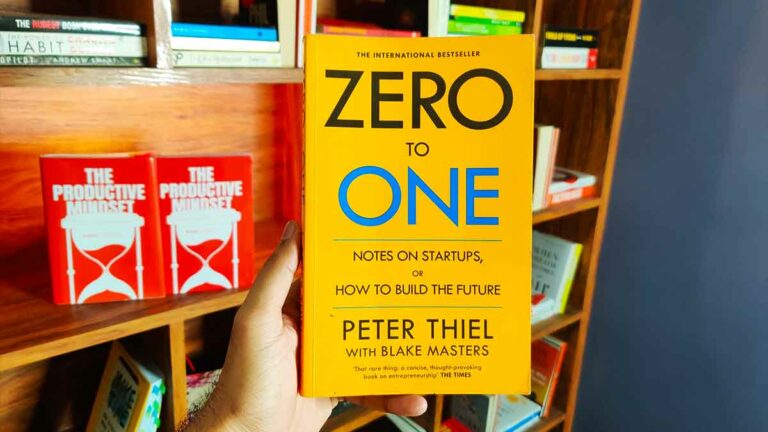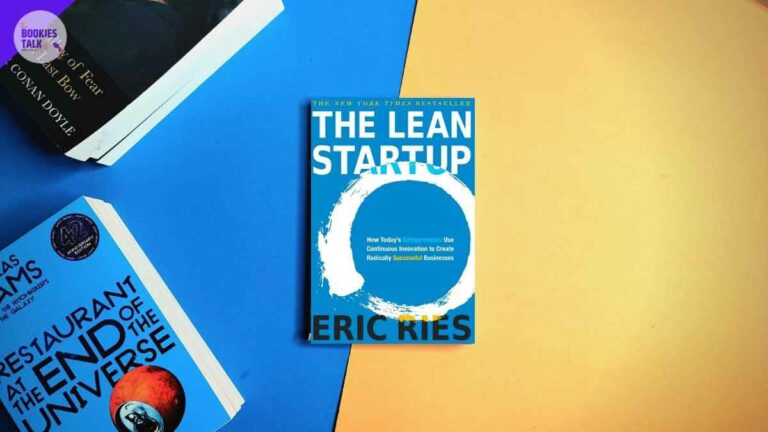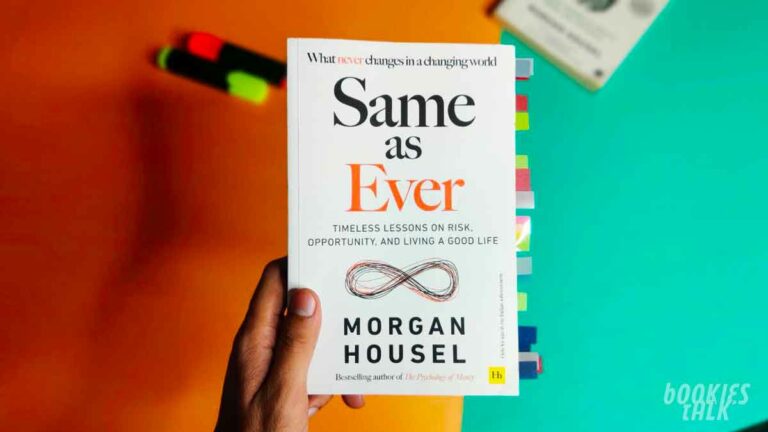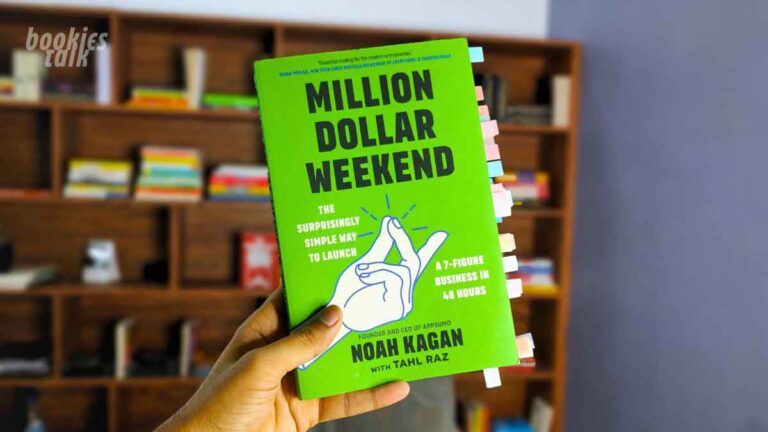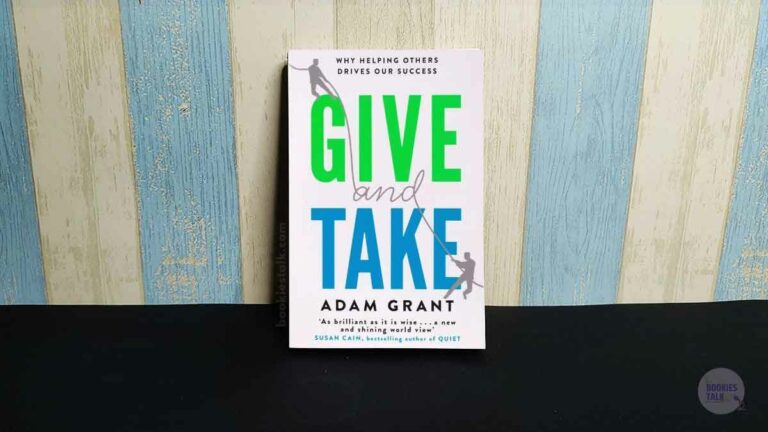The Psychology of Money by Morgan Housel
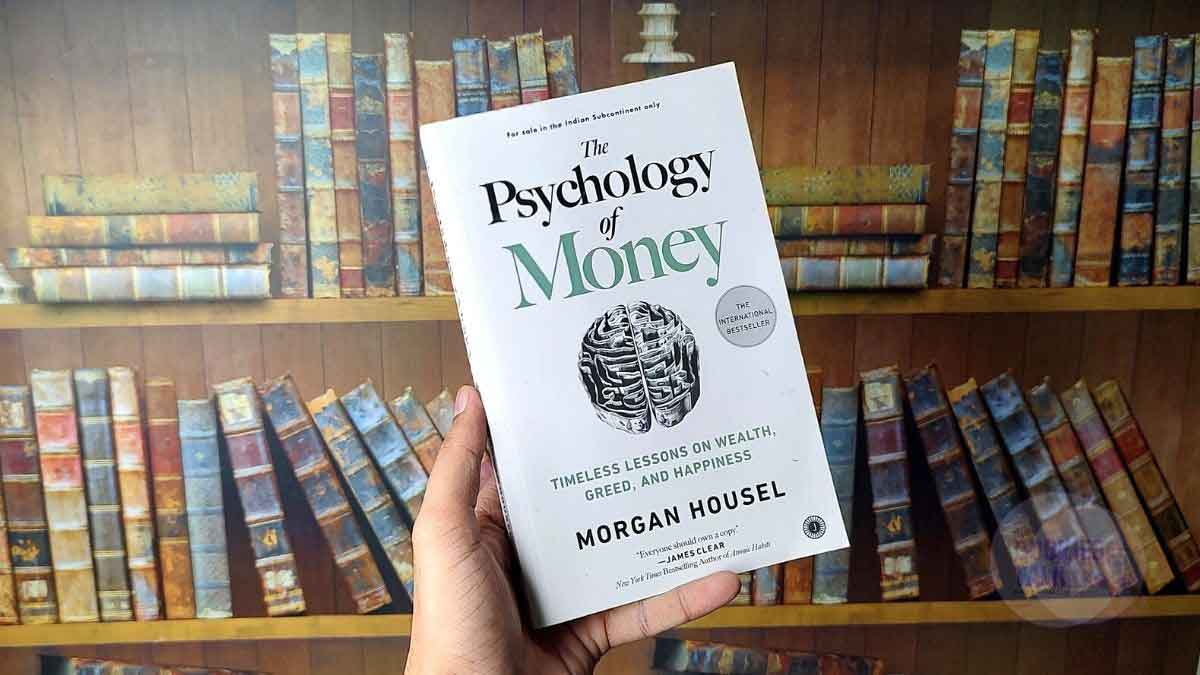
There’s a big difference between getting rich and building true wealth, and this book focuses on teaching you how to build wealth.
As Morgan Housel says, understanding your needs versus your wants makes all the difference. When you clearly know what truly matters, you’ll stop wasting time and money on unnecessary things—like upgrading your phone every year or impulse shopping on Amazon.
Enter your email address To join the newsletter. I will be with you every Sunday at 9:00 AM (IST). See you on Sundays.
Notes from The Psychology of Money
- Go out of your way to find humility when things are going right and forgiveness/compassion when they go wrong. Because it’s never as good or as bad as it looks. The world is big and complex.
- Luck and risk are both real and hard to identify. Do so when judging both yourself and others. Respect the power of luck and risk and you’ll have a better chance of focusing on things you can actually control. You’ll also have a better chance of finding the right role models.
- Manage your money in a way that helps you sleep at night. That’s different from saying you should aim to earn the highest returns or save a specific percentage of your income.
- Some people won’t sleep well unless they’re earning the highest returns; others will only get a good rest if they’re conservatively invested. To. each their own. But the foundation of, “does this help me sleep at night?” is the best universal guidepost for all financial decisions.
- Use the money to gain control over your time, because not having control of your time is such a powerful and universal drag on happiness.
- The ability to do what you want, when you want, with who you want, for as long as you want to, pays the highest dividend that exists in finance.
- Save. Just save. You don’t need a specific reason to save. It’s great to save for a car, a down payment, or a medical emergency. But saving for things that are impossible to predict or define is one of the best reasons to save. Everyone’s life is a continuous chain of surprises.
- Savings that aren’t earmarked for anything, in particular, is a hedge against life’s inevitable ability to surprise the hell out of you at the worst possible moment.
- Define the cost of success and be ready to pay it. Because nothing worthwhile is free. And remember that most financial costs don’t have visible price tags. Uncertainty, doubt, and regret are common costs in the finance world.
- They’re often worth paying. But you have to view them as fees (a price worth paying to get something nice in exchange) rather than fines (a penalty you should avoid).
- Worship room for error. A gap between what could happen in the future and what you need to happen in the future in order to do well is what gives you endurance, and endurance is what makes compounding magic over time.
- Room for error often looks like a conservative hedge, but if it keeps you in the game it can pay for itself many times over.
- You should like a risk because it pays off over time. But you should be paranoid of ruinous risk because it prevents you from taking future risks that will pay off over time.
- Define the game you’re playing, and make sure your actions are not being influenced by people playing a different game. You should like a risk because it pays off over time.
- But you should be paranoid of ruinous risk because it prevents you from taking future risks that will pay off over time. Define the game you’re playing, and make sure your actions are not being influenced by people playing a different game.
- Respect the mess. Smart, informed, and reasonable people can disagree in finance because people have vastly different goals and desires. There is no single right answer; just the answer that works for you.
The Psychology of Money Summary
The Psychology of Money is about how humans behave around money. The author shares data that makes you rethink why we shouldn’t judge others based on their spending habits. It’s a personal finance book that helps you understand the true meaning of money.
I read The Psychology of Money at the beginning of 2021, and it taught me a lot about managing money and differentiating between needs and wants.
For instance, wanting to buy a new smartphone just because it has one or two new features falls under wants—especially if your current phone works perfectly fine.
The funny part is, we often know the difference between our needs and wants, but we don’t want to admit it.
For instance, exercising every day might not bring immediate happiness, but in the long run, you’ll thank yourself for spending those 30 minutes in the gym. On the other hand, eating fast food may feel good in the moment, but over time, it can negatively impact your life.
What the author is trying to say is: keep your wants and needs clear, and act accordingly.
Stay Rich
Let’s say you got rich and now have 1 crore in your bank account. Technically, you could call yourself rich, and even if you don’t, others will say it for you.
Now, here’s the key part: let’s say you got excited and bought a new house for 50 Lakhs, invested 30 Lakhs in crypto, and still have 20 Lakhs in your bank account.
Now, ask yourself—are you rich or just reckless?
You could have invested some of that money in the stock market, some in crypto, some in mutual funds, and still had enough for your needs.
The key takeaway here is: don’t spend everything you have. Forget the 1 crore—let’s say your salary is 50k. Ask yourself, “What are my needs and wants?”
There are many examples of people who got rich and spent all their money, only to end up living the same life they were living before. Learn from their mistakes and avoid repeating them in your own life.
In short, manage your money wisely, or else you won’t have any to manage.
Power of Compounding Effect
Warren Buffett started investing at the age of 11, and by the time he was 50, his net worth had reached $84.2 billion.
You can’t expect to achieve such results in just five years. Patience is key. It’s important to invest regularly and stick to your plan, whether it’s through SIP or any other investment method. The key is consistency.
If you can’t invest Rs 5,000 or Rs 10,000 each month, start with Rs 500. The small, consistent investments will grow over time.
| Investment Date | Regular Investment | Interest (30%) | Ending Balance |
|---|---|---|---|
| 01-01-2022 | Rs 5,000 | Rs 100 | Rs 5,100 |
| 02-01-2022 | Rs 5,000 | Rs 202 | Rs 10,302 |
| 03-01-2022 | Rs 5,000 | Rs 306 | Rs 15,608 |
| 12-05-2050 | Rs 5,000 | Rs 4,913,467.18 | Rs 250,586,826.01 |
Total Investment after 29 Years: Rs 1,740,000
Total SIP Return on Investment: Rs 250,586,826.01
In short, after 29 years, you will have invested 17.4 Lakhs, and your total value could be around 25 crores.
What does this mean for regular investors?
Getting a 30% annual return is tough, but if you’re willing to take some risks, it’s possible. This is where the concept of room for error comes in.
Let’s say you expect a 30% return, but only get 20%. Would you be happy or disappointed?
The key is to set an expectation of 30%, but at the same time, tell yourself that even with a 20% return, you’ll still be happy.
This is how you create room for error.
(Note: the 30% return is just an example.)
Know When is Enough
When you’re eating, you know when you’re full, but with money, it’s easy to forget when to stop.
The same principle applies to work and exercise. You don’t need to work 15 hours every day. A 6-hour workday can be just as productive. Similarly, you don’t have to work out for 2 hours—just 30 minutes of exercise can be enough to stay healthy.
Save as Much as You can
You know what to do, right? Yes, save as much as you can. But you don’t have to save 100% of your income or invest all your money.
Start by setting aside a certain amount for your needs and some for your wants. The rest can be invested.
For example, you could allocate 50% of your income for needs, 20% for wants, and 30% for investments.
You can adjust these numbers based on your own situation, but the key is to have a balance.
Remember, if you’re earning 10k or 20k and have a big family to support, there’s no need to start investing just yet. First, focus on fulfilling your needs and taking care of your responsibilities. Once you’re able to comfortably meet those needs, then start investing.
The Psychology of Money Review
This is one of those books you should read at least once. It teaches you everything from money management to controlling your emotions. The book is written in simple language, making it easy to understand. One thing I really liked about it is that the author doesn’t tell you where to invest; instead, he emphasizes the importance of investing regularly.
Go read it if you haven’t already, because this book will change the way you think about money.
Favorite Quotes From The Psychology of Money
“Progress happens too slowly to notice, but setbacks happen too quickly to ignore.”
“Spending money to show people how much money you have is the fastest way to have less money.”
“Controlling your time is the highest dividend money pays.”
“Planning is important, but the most important part of every plan is to plan on the plan not going according to plan.”
“Spending money to show people how much money you have is the fastest way to have less money.”
“Controlling your time is the highest dividend money pays.”
“Savings can be created by spending less. You can spend less if you desire less. And you will desire less if you care less about what others think of you.”
“Using your money to buy time and options has a lifestyle benefit few luxury goods can compete with.”
“The ability to do what you want, when you want, for as long as you want, has an infinite ROI.”
Love What You Read, You Might Like These too…
By the way, we also have a WhatsApp Channel! If you love reading, this is the perfect place for you to join—and the best part? It’s completely FREE!

